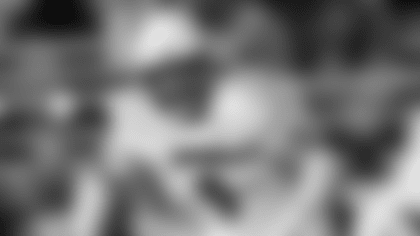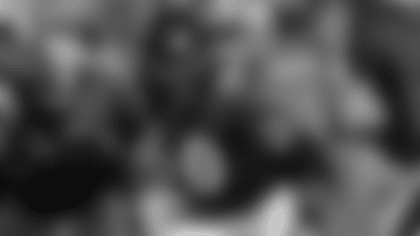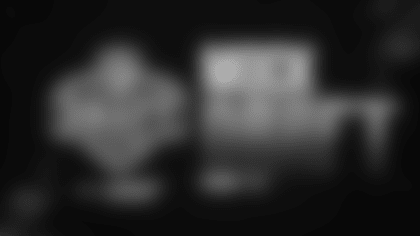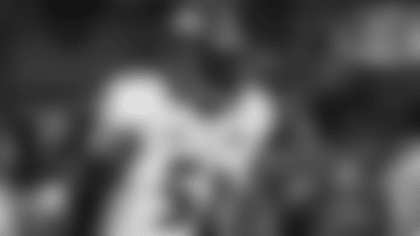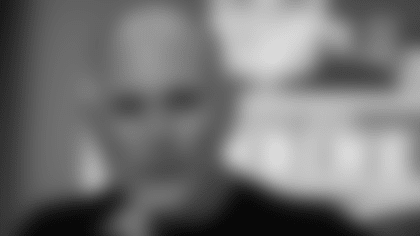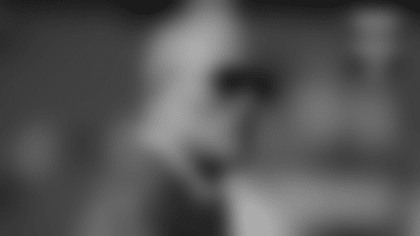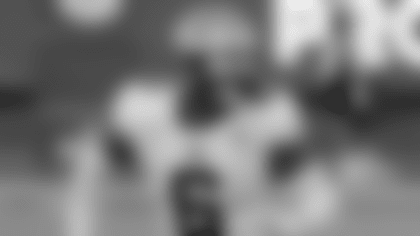Complaints about referees and calls have become a routine part of the NFL conversation. It's rare when a game ends without fans and some players and coaches on one side feeling they were robbed. Sometimes both sides feel it.
Is the officiating in the NFL subpar? Sorry, I don't think so. Yes, calls are missed every week, in just about every game; sometimes the outrage that spews after games is justified. But if you're expecting perfection, you need a lesson in how the world works. No system is perfect. (Some of my ideas for improving the NFL's zebra work are listed below.) People make mistakes. Pro football refs probably make fewer than most.
If you think pro football has a problem, you haven't been watching this year's major league baseball playoffs. One blown call after another has marred otherwise interesting games. The issue has gotten so bad that last Sunday the New York Times published an essay, "Building a Better Umpire," by former baseball commissioner Fay Vincent, who lamented that "sadly" the selection of playoff umpires isn't based on merit, unlike in the NFL.
College football always has its share of blown calls, too. Earlier this week, the Southeastern Conference suspended a crew for blowing a key call in the Florida-Arkansas game that helped Florida drive to a game-winning score and keep its national championship hopes alive. Pretty big mistake right there.
That's what the NFL wants to avoid – a blown call that potentially decides a championship. The league continually tweaks its rulebook and officiating system (instant replay, use of cameras, etc.) to try to prevent that. The idea is to reduce the margin of error, limit the possibility of a mistake. I think more can be done to achieve that.
If a GPS system can track you anywhere in the world and tell you how to drive somewhere, surely it can pinpoint the exact spot of a ball on a 100-yard grid. Let's put chips in the balls and use those, sensors and lasers to determine anything involving placement -- where a ball should be spotted on a fourth-and-one, whether it crossed the plane of the goal line, whether both feet were down in time, etc.
Let's use more cameras to monitor play across the board, too. Times have changed, folks -- compared to the up-close, hi-def view many fans now get at home, officials have some of the worst seats in the house. Frankly, it's amazing they get as many calls right as they do given the awesome size and speed of today's players and the often subtle transgressions they're looking for.
If people watching at home can see better, the league should embrace that technology – even more than it does now. Put more cameras on the field, as opposed to upstairs. Put more refs upstairs, as opposed to on the field. Work out their responsibilities. You would certainly have fewer missed calls.
One thing that doesn't need to happen, for sure, is for the NFL to copy baseball and hire fulltime officials. I hear that mentioned all the time as a potential solution. Huh? It isn't helping baseball. There aren't enough games for the NFL to justify paying its refs a fulltime wage. What are they going to do, learn the rulebook better? They already know it; that's not the problem. And they already face a weekly review, unlike their baseball brethren.
No, let's focus on solutions that would make a difference, like slimming down the rulebook ever so slightly. Most of the rules make sense, but let's lose the five-yard "downfield chuck" rule that hamstrings defensive backs. The league wants offense but defenders deserve a fighting chance.
And let's dispense with the notion that the game has gone soft and that quarterbacks are overprotected. Huh? Did you see the hammering Joe Flacco took last Sunday in Minnesota? The rulebook didn't save him as he absorbed a perfectly legal beating.
People who think the NFL has gone soft haven't seen a game up close, from right on the field. The players are huge and fast, their collisions violent. Pro football is tough stuff. The league, with its new protection rules, is just trying to save knees and heads, as well it should.
No, the system isn't perfect. Calls will continue to be missed, errant judgments made. But overall, the refs get most things right – and with help, they could do even better.
John Eisenberg worked in the newspaper business for 28 years as a sports columnist, with much of that time coming at the Baltimore Sun. While working for the Sun, Eisenberg spent time covering the Ravens, among other teams and events, including the Super Bowl, Final Four, World Series and Olympics. Eisenberg is also the author of seven sports-themed books.



